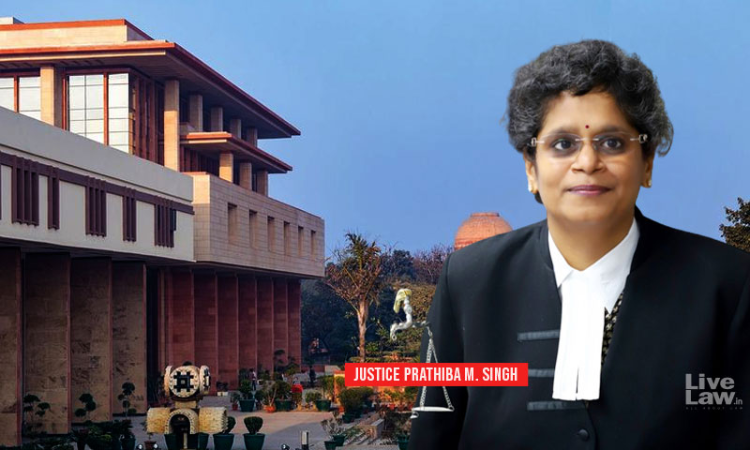No Copyright In Religious Scriptures But Adaptions Or Dramatic Works Entitled To Protection: Delhi High Court
Nupur Thapliyal
26 Sept 2023 9:30 AM IST

Next Story
26 Sept 2023 9:30 AM IST
Observing that no copyright can be claimed in religious scriptures, the Delhi High Court has ruled that adaptions of such work, including making TV series or creating dramatic works, would be entitled to copyright protection. Justice Prathiba M Singh made the observation while dealing with a suit filed Bhaktivedanta Book Trust created by a renowned scholar and spiritual leader Srila...
